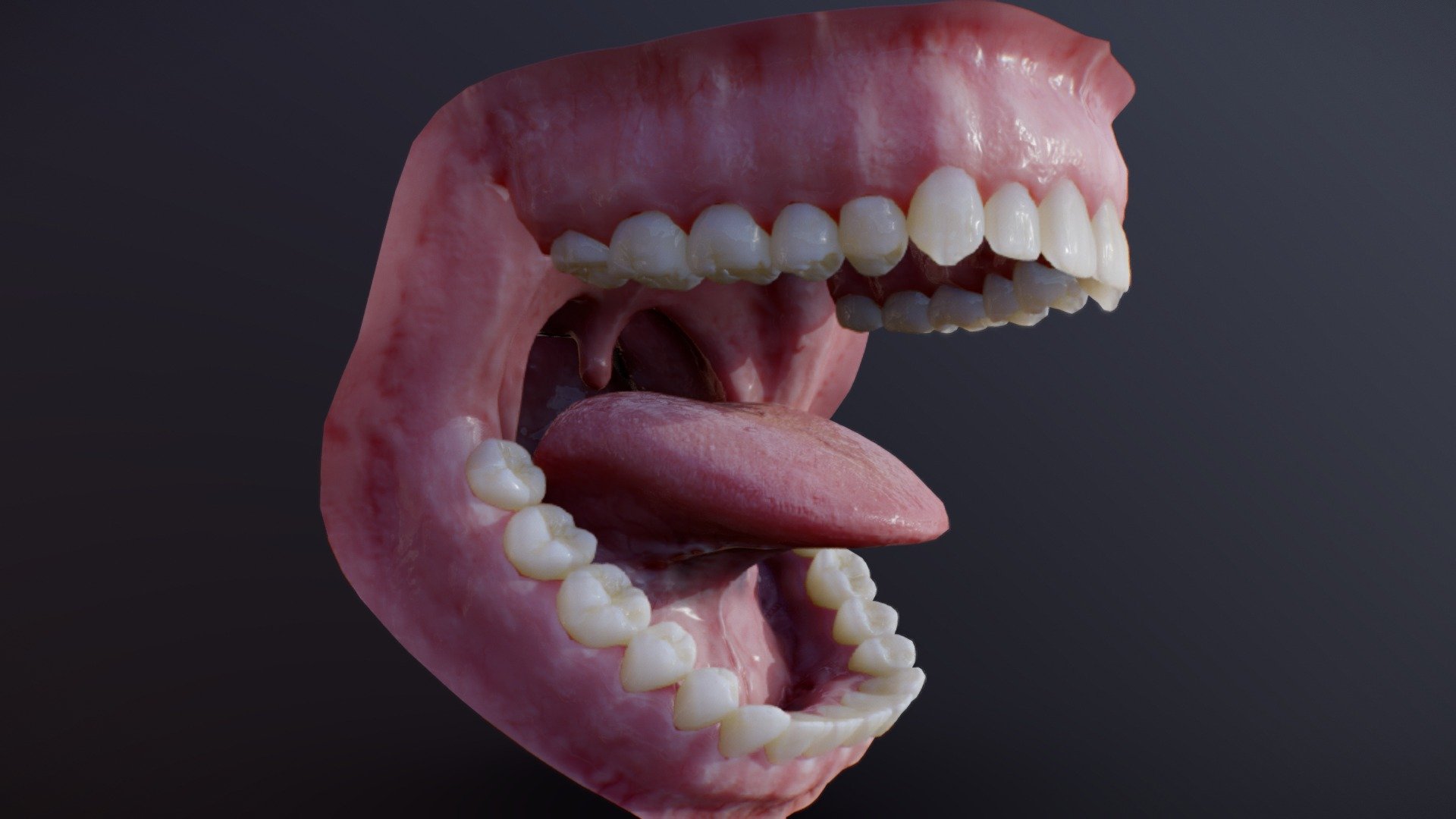Exciting to see this is progressing. I wonder how this might impact sea life having this enter the ocean. Probably better than plastic junk but still to be considered I assume.
Most of these plastic eating microbes expel or become toxic waste themselves.
Genetically modified bacteria you say? Eh, what’s the worst that could happen.
They’re using horizontal gene transfer, which bacteria already use to hook their homies up with certain traits, to make them reproduce faster plus also make an enzyme that breaks down plastic. It’s highly controlled and super specific, it’s been a going on since the 1980’s and we’re still good lol
I preface this by saying I’m far from an expert in either thing, but you can compare that same logic to AI and it doesn’t hand-wave the worry surrounding either. We’ve historically done a really good job of doing our best to understand certain technologies without really grasping the consequences without some hindsight. I bring up AI, because I think most people can understand the implicit possibilities that come along with the double ended sword that it is. I’m for GMO’s, but the worry isn’t the lab variant. The worry is what introducing something catastrophic into the wild to solve another issue we caused could actually cause. It would be ironic and on brand considering I’m pretty sure plastic was seen as an environmentally friendly alternative at one point.
It gonna eat your acrylic shorty when swimming.




